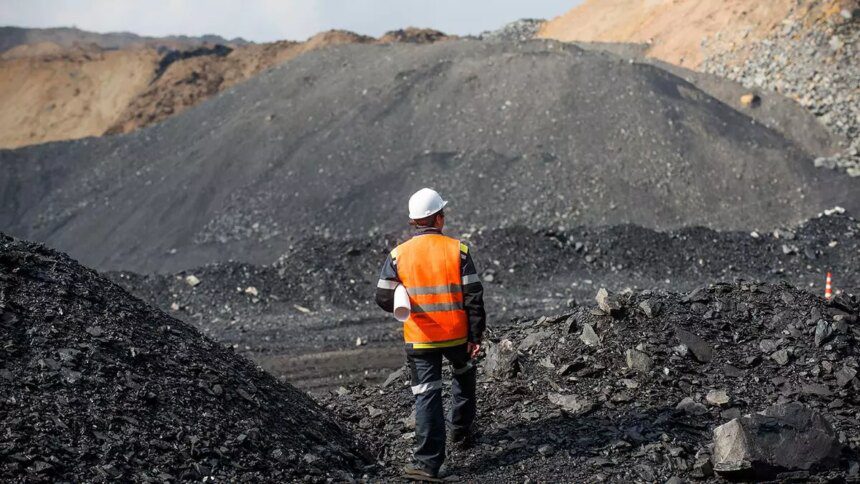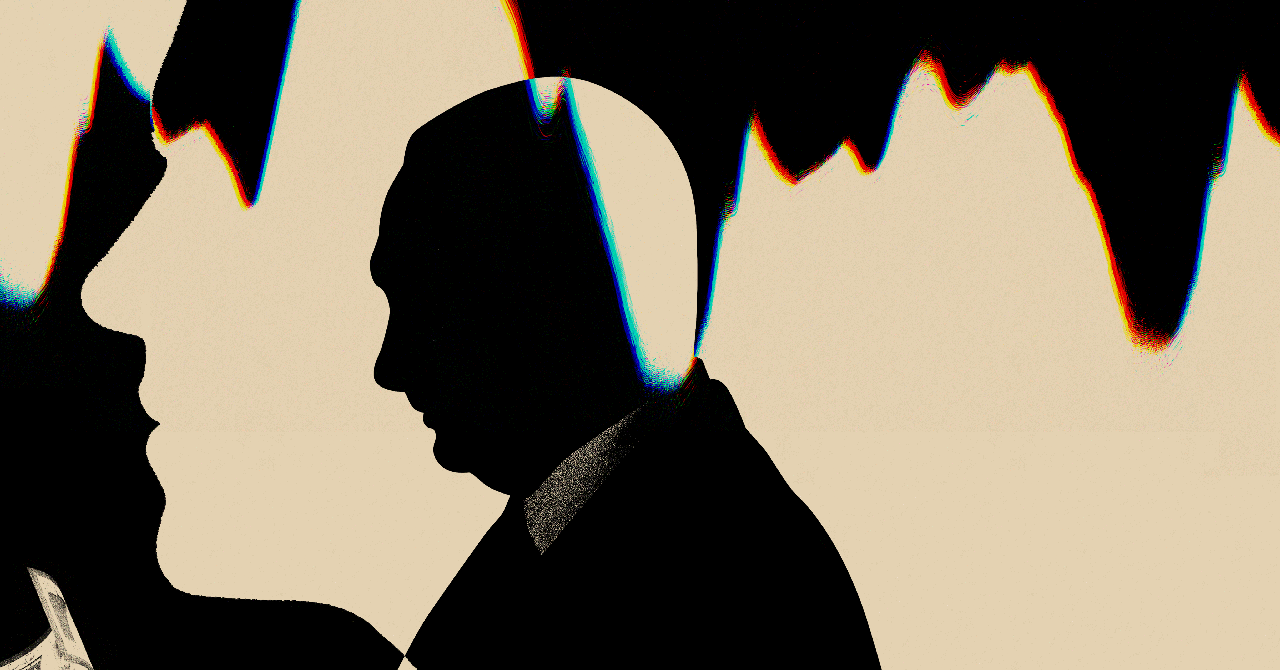The forecast for coking (metallurgical) coal prices remains pessimistic due to sluggish steel production growth and a general negative sentiment towards commodities priced in US dollars following the election of US President Donald Trump.
The recent imposition of US import tariffs on steel is expected to further dampen demand for coking coal from the steel sector, which will likely suffer from the repercussions of tariffs and disruptions in the supply chain, according to research agency BMI, a unit of Fitch Solutions.
Currently, premium hard coking coal prices in Australia are around $191 per tonne. BMI anticipates ongoing pressure on prices in the coming months, with prices averaging $197 per tonne year-to-date. The agency expects prices to continue to face downward pressure in 2025.
Steel production growth in importing nations, with the exception of India, is anticipated to remain sluggish, limiting demand for coking coal and putting pressure on prices. BMI has revised its price forecast for coking coal to $200 per tonne from $220 due to the significant price declines.
The Australian Office of the Chief Economist (AOCE) projects coking coal prices to average around $205 per tonne, but acknowledges the potential for high volatility given market factors and changing steel trade flows resulting from geopolitical and trade policy changes.
According to Shanghai Metal Market (SMM) news, coking coal inventories saw an increase of 86,000 tonnes last week to reach 701,000 tonnes. Inventories at steel mills rose by 21,000 tonnes (0.8%) week-on-week to 2.743 million tonnes. Port inventories totaled 1.3 million tonnes, up by 70,000 tonnes (5.7%) week-on-week, while plant stocks were at 2.411 million tonnes, a 4.9% decrease from the previous week.
India’s coking coal imports have reached a 10-year high, with shipments totaling 58 million tonnes in FY2024, driven by strong demand from steel mills. This growth has primarily benefited Russia and the United States at the expense of Australian Newcastle coking coal. The AOCE notes that increased activity in the Indian spot market could pose an upside risk to prices.
BMI highlights that Indian mills have been recalibrating their furnaces to accommodate a better mix of high-ash content coal imported from Russia. Russia has emerged as the third largest supplier of coking coal to India, displacing countries like Mozambique and Canada.
Despite the challenging outlook for coking coal prices, India’s domestic steel market is being supported by strong infrastructure and construction demand, which is expected to continue throughout 2025.
The recent price movements in the coking coal market have been largely driven by sentiment rather than actual demand from end consumers. With Chinese steel production slowing down, weak global steel production and negative sentiment are likely to constrain coking coal prices in the near term.
Looking ahead, BMI predicts that coking coal prices will continue to trend downwards in the long term as global blast furnace steel production slows down due to the transition towards a greener economy.










